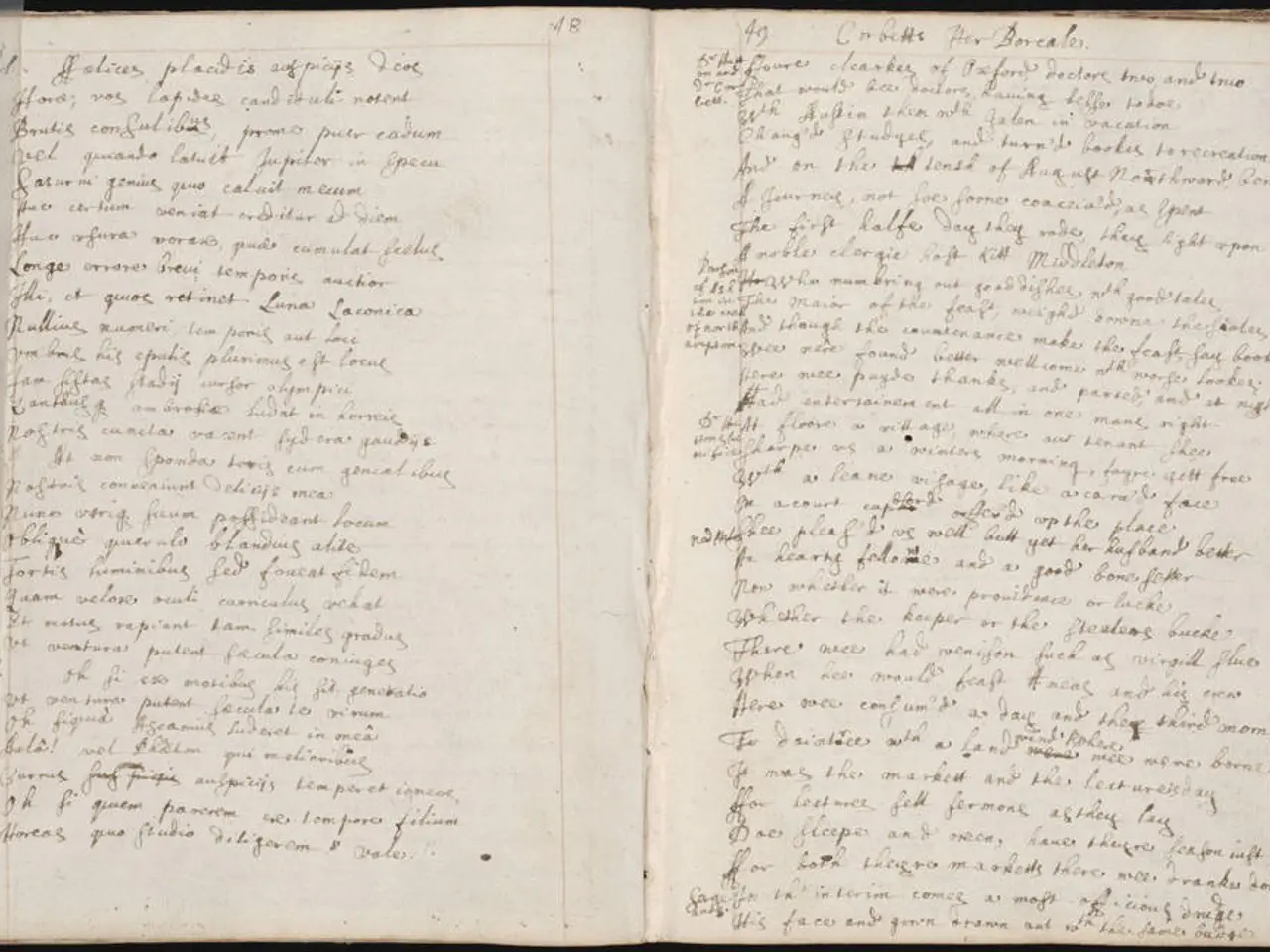Inquiry into Understanding (IU) within International Baccalaureate: What Do Pupils Think About It?
The Theory of Knowledge (TOK) is a cornerstone of the International Baccalaureate Diploma Programme (IBDP), playing a crucial role in developing students' critical thinking skills and fostering interdisciplinary understanding.
TOK encourages students to question the nature, sources, and limits of knowledge, challenging them to evaluate claims of knowledge, identify biases, and analyze the reliability and validity of information across disciplines. This process helps students make significant gains in their critical-thinking abilities as they progress through the programme, according to research [1].
One of the key aspects of TOK is its emphasis on interdisciplinary understanding. By engaging students with diverse ways of knowing and knowing methodologies from subjects such as natural sciences, human sciences, mathematics, and the arts, TOK helps students draw connections between fields and appreciate multiple viewpoints [1][3].
Moreover, TOK promotes reflective thinking about knowledge itself—its construction, justification, and limitations—cultivating a more nuanced and global approach to learning. Complex concepts such as power in knowledge—how authority, culture, and language influence what is accepted as knowledge, who produces it, and how it is disseminated—add depth to students' understanding of knowledge frameworks [5].
Aside from its academic benefits, TOK includes a written essay and an oral exhibition as assessments, contributing to the final diploma score. These assessments provide students with opportunities to showcase their critical thinking skills and interdisciplinary understanding in a creative and intellectually stimulating manner.
Opinions about TOK vary widely among students. While some find it vague, philosophical, or hard to understand, others enjoy thinking critically and discussing abstract ideas. Some students struggle with abstract thinking and open-ended questions, but for others, TOK connects different subjects and real-life situations, making learning more engaging and relevant.
In summary, TOK is fundamental in the IBDP for cultivating critical thinking and an interdisciplinary mindset, enabling students to evaluate knowledge rigorously and connect ideas across academic disciplines in a reflective, culturally aware manner [1][3][5]. As one of the three core components of the IBDP alongside the Extended Essay and Creativity, Activity, Service (CAS), TOK supports a balanced education that prepares students for success in higher education and global citizenship by equipping them with critical analytical tools and a broader perspective on knowledge [2][3][4].
Students can enhances their personal-growth and learning by engaging in practice questions that align with the critical-thinking skills and interdisciplinary understanding promoted by the Theory of Knowledge (TOK) within the education-and-self-development scope of the International Baccalaureate Diploma Programme (IBDP). This practice helps students to develop their ability to evaluate knowledge, identify biases, and analyze the reliability and validity of information across various disciplines.




